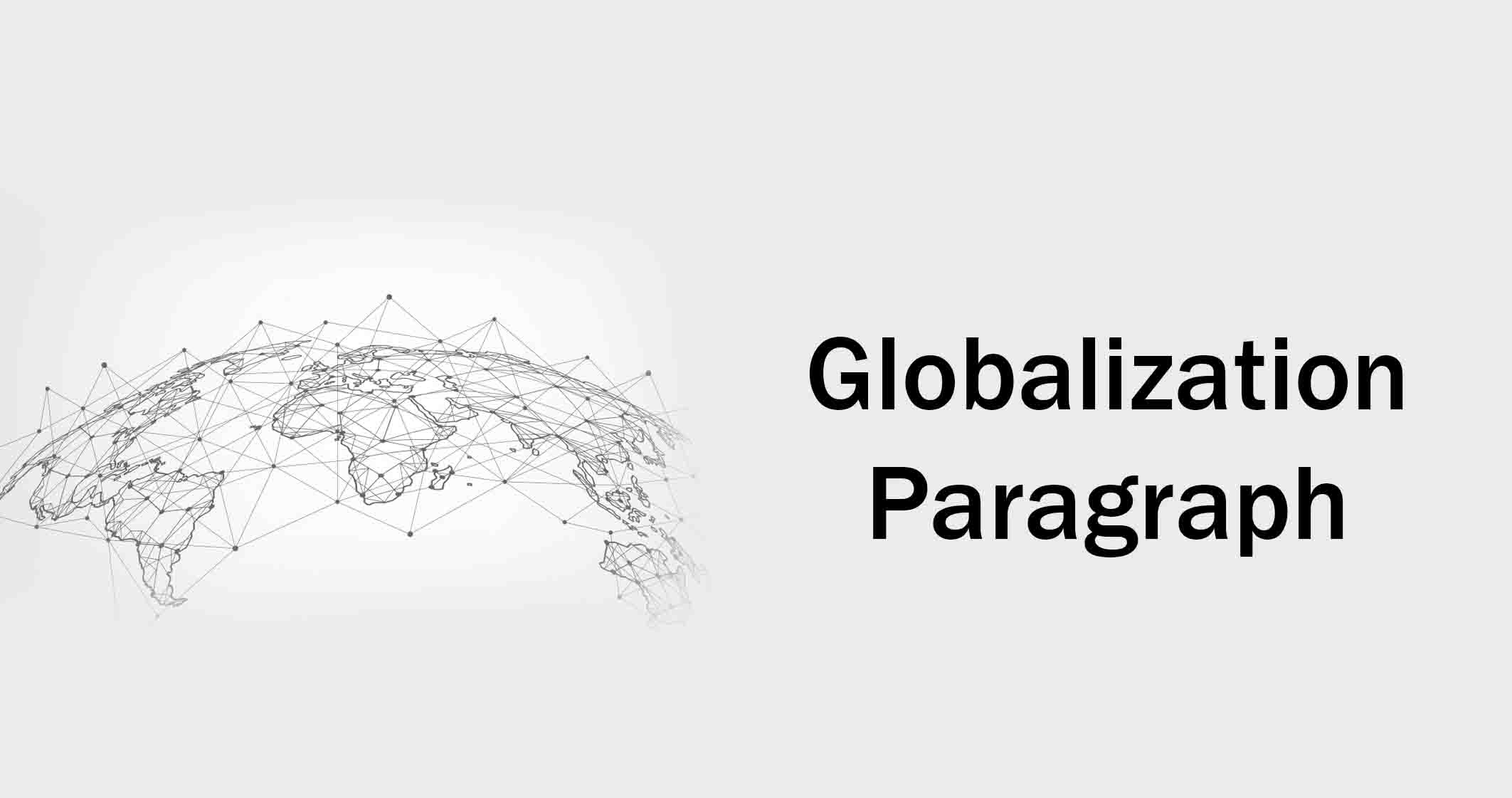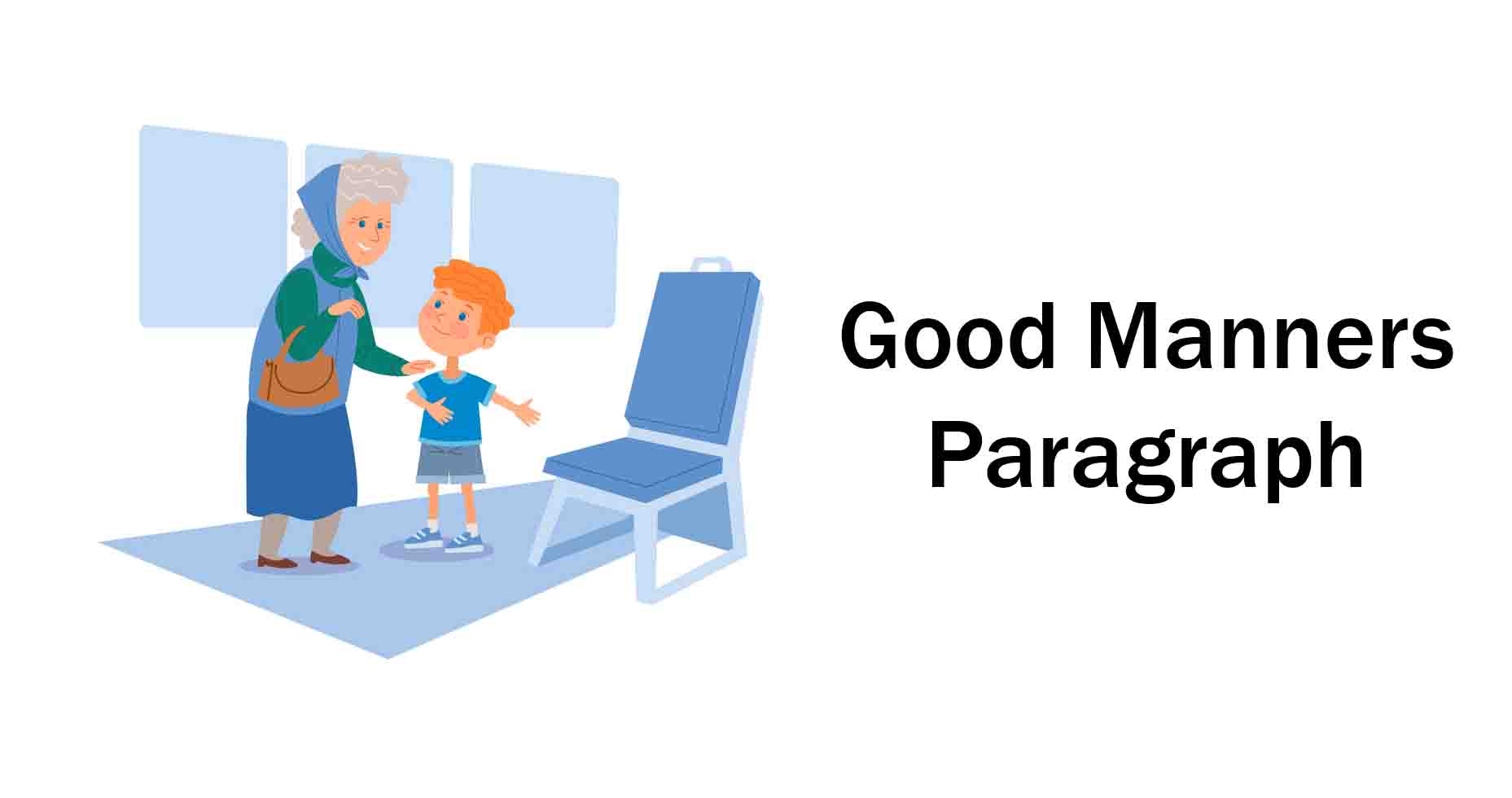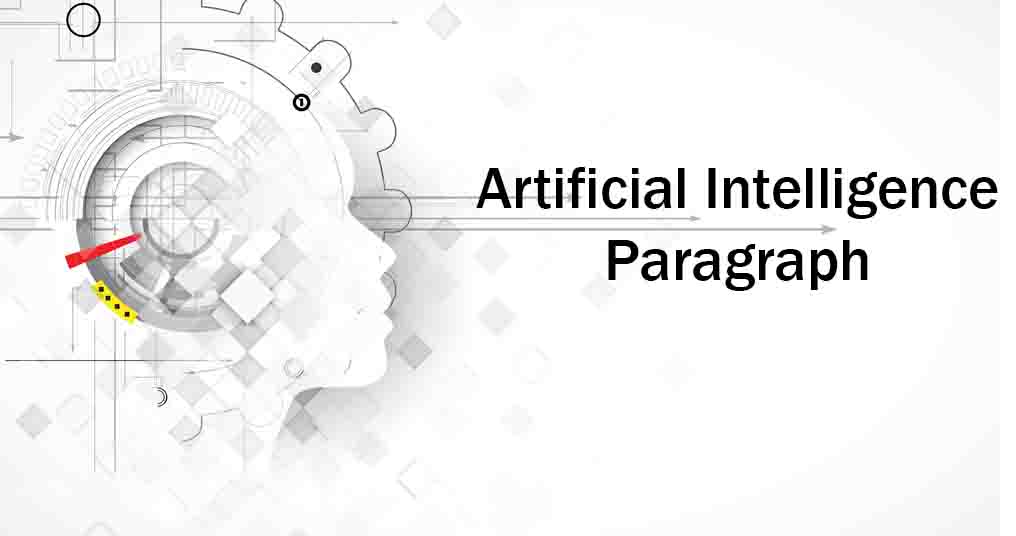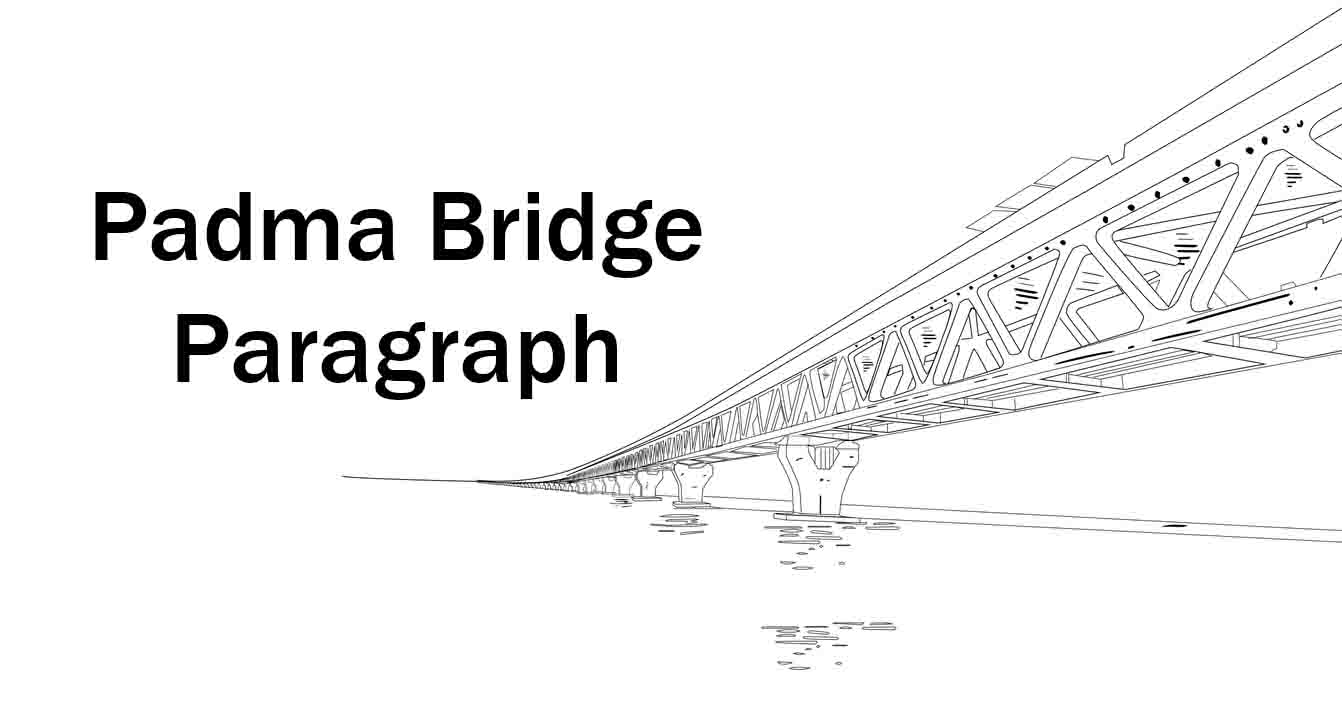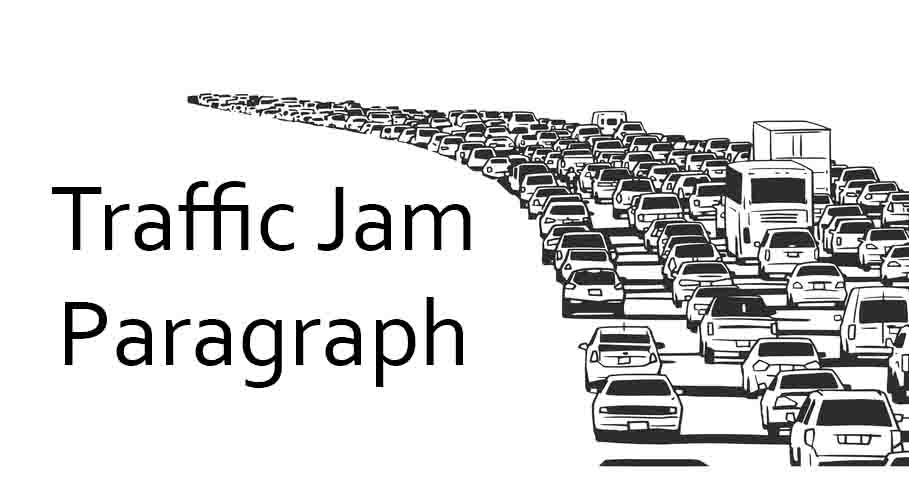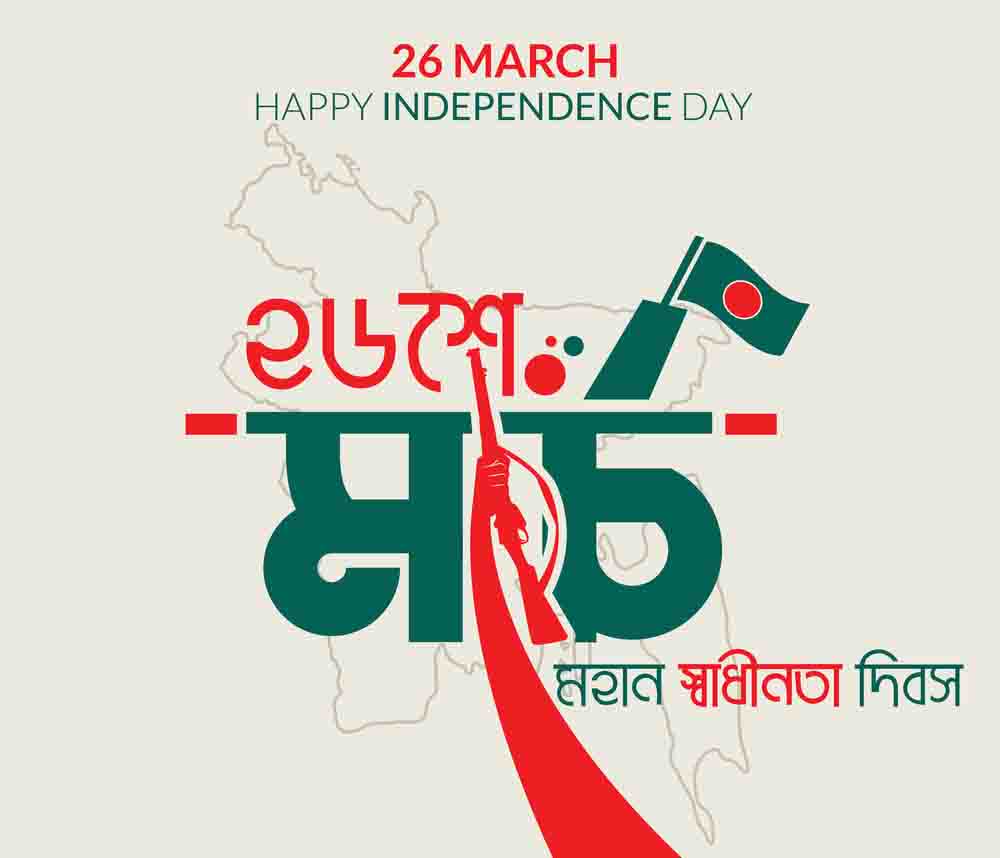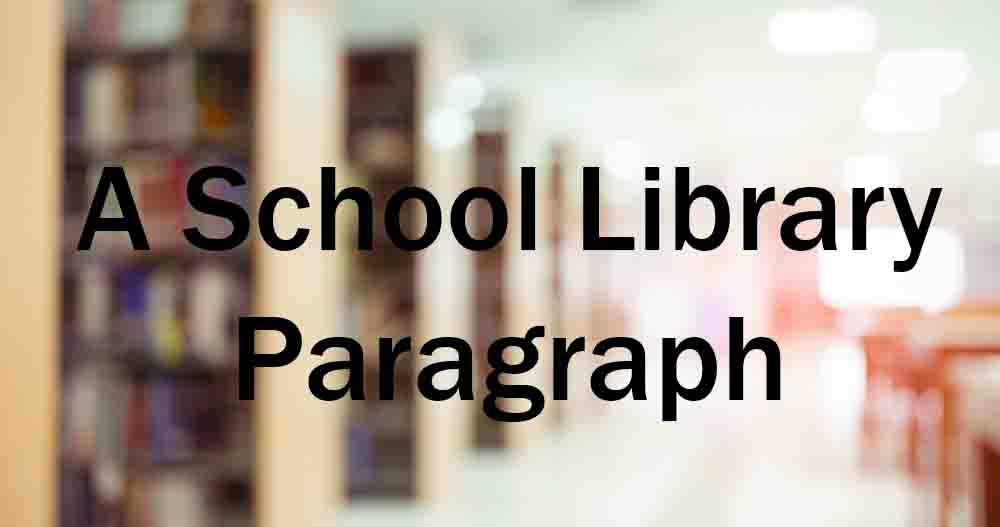International Mother Language Day Paragraph in 300, 250, 200, 100 words for ssc, hsc and all classes
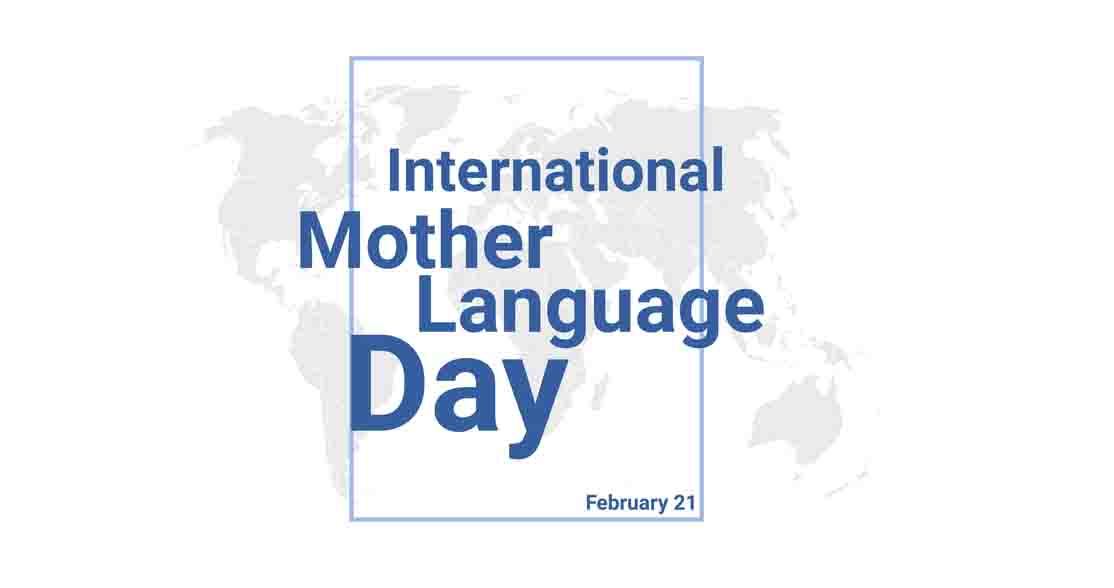
International Mother Language Day Paragraph 300 words for HSC
International Mother Language Day, observed on February 21st, is a day to celebrate linguistic and cultural diversity and to promote multilingualism. This day was established by the United Nations in 1999 to recognize the importance of preserving and promoting mother languages, which are a key component of cultural identity and heritage. The day also serves to highlight the importance of language as a tool for promoting education, scientific and cultural development, and social and economic progress. Mother languages play a vital role in shaping a person’s identity and are often passed down from generation to generation. They are a means of communication, expression, and cultural transmission, and are deeply intertwined with cultural traditions, beliefs, and values. Despite this, many mother languages are endangered and at risk of disappearing, as people are often encouraged to speak dominant or “official” languages instead. International Mother Language Day serves as an opportunity to raise awareness about the importance of mother languages and to promote language preservation efforts. This can include education and literacy programs in mother languages, as well as efforts to promote multilingualism and cultural diversity. It is also a time to reflect on the challenges faced by linguistic communities, such as language discrimination and the erosion of cultural heritage, and to consider ways to address these issues. In conclusion, International Mother Language Day is a day to celebrate linguistic and cultural diversity and to promote the preservation of mother languages. By valuing and preserving mother languages, we can help to build a more diverse and inclusive world, where people are free to express themselves and share their cultural heritage.
International Mother Language Day Paragraph in 250 words
The International Mother Language Day Paragraph for SSC
International Mother Language Day, observed on February 21st, is a day dedicated to celebrating linguistic and cultural diversity. Established by the United Nations in 1999, the day serves to promote multilingualism and the preservation of mother languages, which play a crucial role in shaping a person’s identity and cultural heritage. Mother languages are a means of communication, expression, and cultural transmission, but are often threatened by the promotion of dominant or “official” languages. International Mother Language Day serves as a reminder of the importance of preserving and promoting mother languages. It is a time to raise awareness about the significance of language as a tool for education, cultural development, and social and economic progress. This day also highlights the challenges faced by linguistic communities, such as language discrimination and the erosion of cultural heritage, and calls for action to address these issues. Efforts to preserve mother languages can include education and literacy programs in those languages, as well as promoting multilingualism and cultural diversity. By valuing and preserving mother languages, we can help to build a more diverse and inclusive world, where people are free to express themselves and share their cultural heritage. It is important to recognize the contributions of mother languages and to acknowledge their value in shaping our identities and cultural traditions. In conclusion, International Mother Language Day is a day to celebrate the richness and diversity of mother languages and to promote their preservation. By valuing and promoting linguistic diversity, we can help to build a more inclusive and culturally rich world.
International Mother Language Day Paragraph in 200 words
International Mother Language Day, observed on February 21st, is a day to celebrate linguistic and cultural diversity and to promote the preservation of mother languages. This day was established by the United Nations to recognize the importance of preserving and promoting mother languages, which are a vital component of cultural identity and heritage. Mother languages play a significant role in shaping a person’s identity, and are often passed down from generation to generation. Despite the importance of mother languages, many are endangered and at risk of disappearing. International Mother Language Day serves as an opportunity to raise awareness about the importance of mother languages and to promote language preservation efforts. This includes education and literacy programs in mother languages and efforts to promote multilingualism and cultural diversity. Language is a tool for promoting education, scientific and cultural development, and social and economic progress. It is crucial to ensure that mother languages are valued and preserved so that people can continue to express themselves and share their cultural heritage. By promoting linguistic and cultural diversity, we can build a more inclusive and diverse world. In conclusion, International Mother Language Day is a day to celebrate the significance of mother languages and to promote their preservation. By valuing and preserving mother languages, we can help to promote cultural diversity and support the development of strong, vibrant communities.
International Mother Language Day Paragraph in 100 words
International Mother Language Day is observed on February 21st to celebrate linguistic and cultural diversity and to promote the preservation of mother languages. This day recognizes the importance of mother languages as a vital component of cultural identity and heritage. Despite their significance, many mother languages are endangered and at risk of disappearing. International Mother Language Day serves as a reminder to raise awareness and promote language preservation efforts, including education and literacy programs, and to celebrate linguistic and cultural diversity. By valuing and preserving mother languages, we can build a more inclusive and diverse world.
Key Points for International Mother Language Day Paragraph
Q: What is the role of UNESCO in International Mother Language Day?
A: UNESCO is the organization that first announced International Mother Language Day in 1999 and has since been actively involved in promoting linguistic and cultural diversity and multilingualism.
Q: How is International Mother Language Day celebrated around the world?
A: International Mother Language Day is celebrated around the world through various events, such as language fairs, cultural festivals, and academic conferences. These events promote the use and preservation of mother languages and raise awareness about the importance of linguistic diversity.
Q: How can individuals promote linguistic and cultural diversity in their daily lives?
A: Individuals can promote linguistic and cultural diversity in their daily lives by using and promoting their mother languages, learning and appreciating other languages and cultures, and supporting initiatives that promote linguistic and cultural diversity.
Q: How can governments promote linguistic and cultural diversity?
A: Governments can promote linguistic and cultural diversity by recognizing and supporting the use of mother languages in education, culture, and social interactions, providing resources for language preservation and promotion and supporting initiatives that promote linguistic and cultural diversity.
Q: What are some of the challenges in promoting linguistic and cultural diversity?
A: Some of the challenges in promoting linguistic and cultural diversity include language endangerment, lack of resources for language preservation and promotion, and resistance to linguistic and cultural diversity by some individuals and groups.
Q: How can linguistic and cultural diversity contribute to sustainable development?
A: Linguistic and cultural diversity can contribute to sustainable development by promoting social cohesion, economic growth, and environmental sustainability through the preservation and transmission of valuable knowledge, practices, and traditions.
Q: What is the role of education in promoting linguistic and cultural diversity?
A: Education plays a crucial role in promoting linguistic and cultural diversity by recognizing and supporting the use of mother languages in education, providing language learning opportunities, and promoting intercultural understanding and respect.
